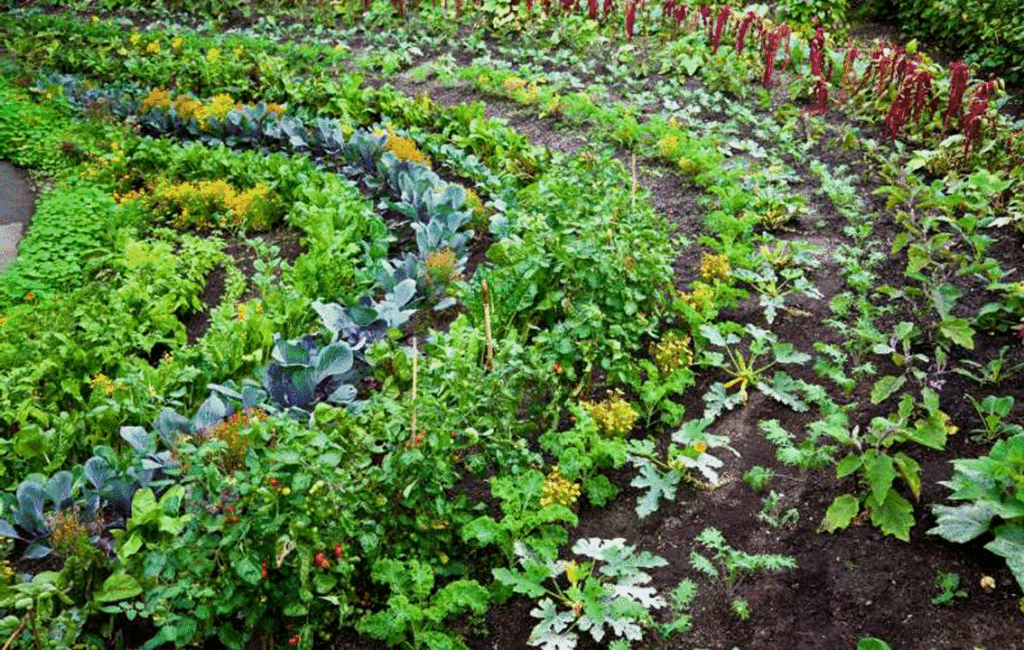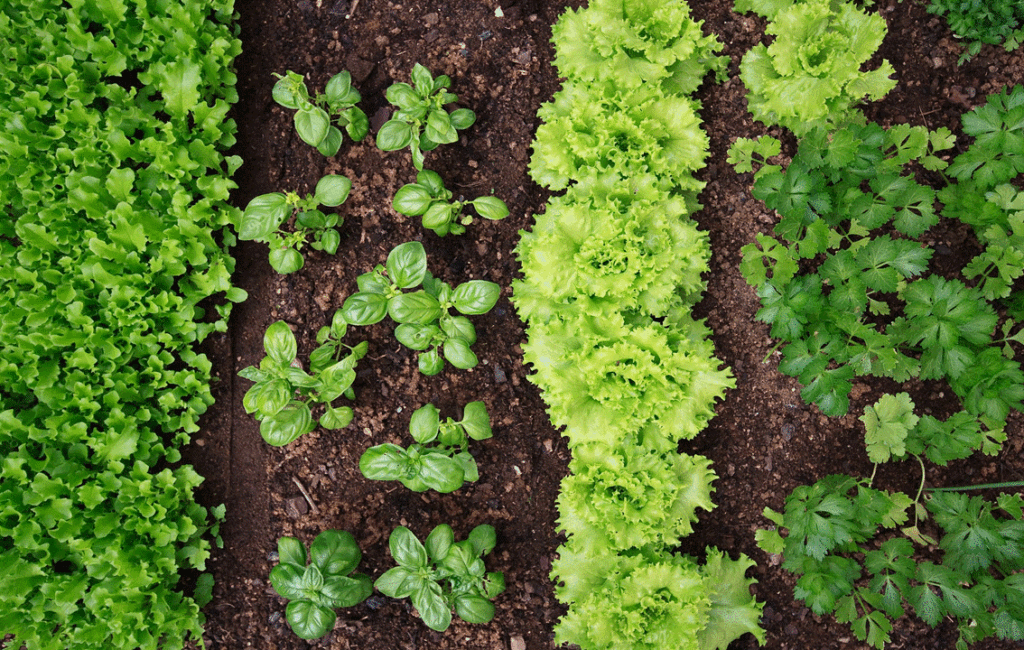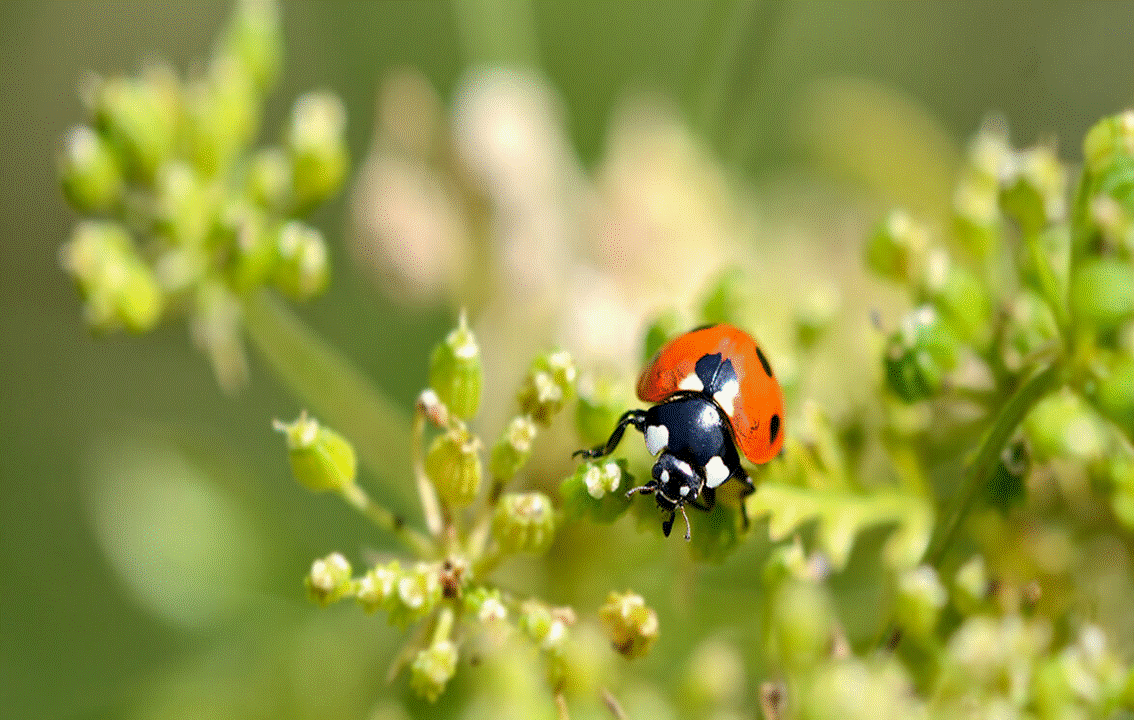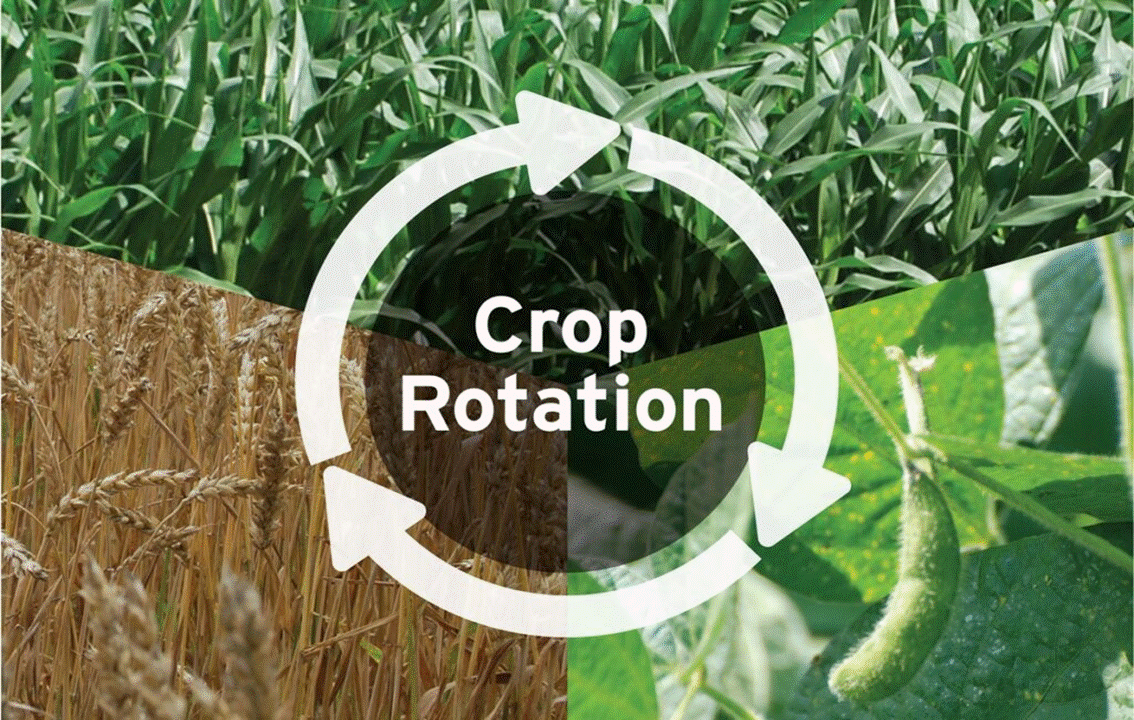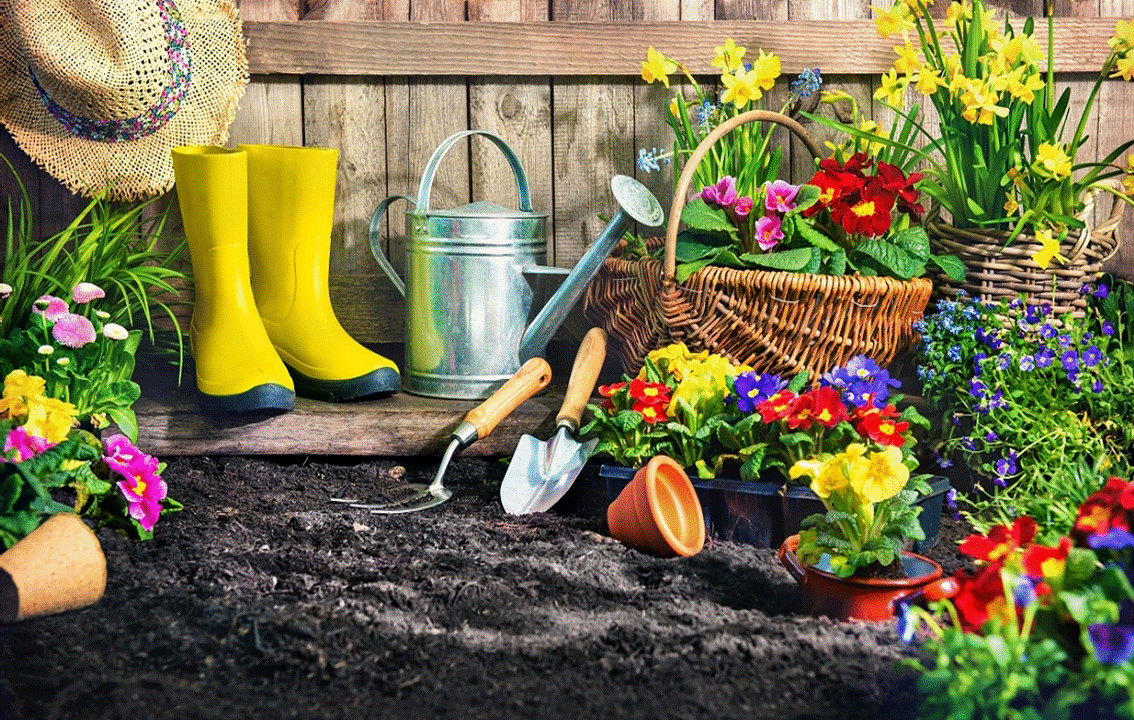THE CRUCIAL ROLE OF BENEFICIAL INSECTS
In an organic garden, beneficial insects play a crucial role for pest control, pollination, and overall ecosystem health. Using natural insecticides and providing habitats such as undisturbed ground, leaf litter, or insect hotels will attract beneficial insects to the garden and planting a variety of diverse flowering plants will attract more bees.
The following beneficial insects should be encouraged to visit organic gardens
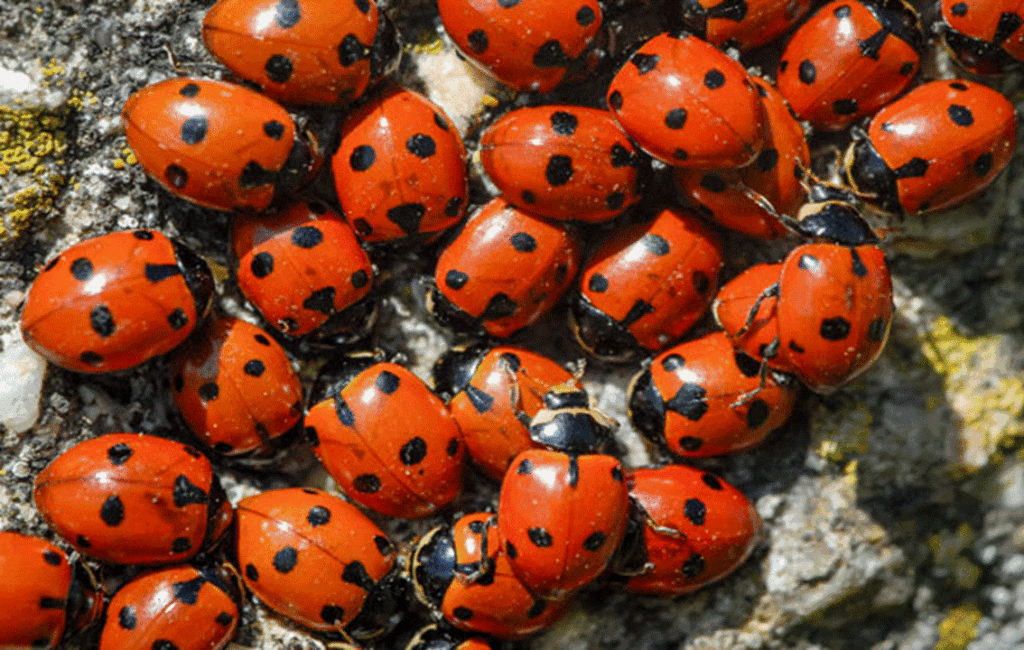
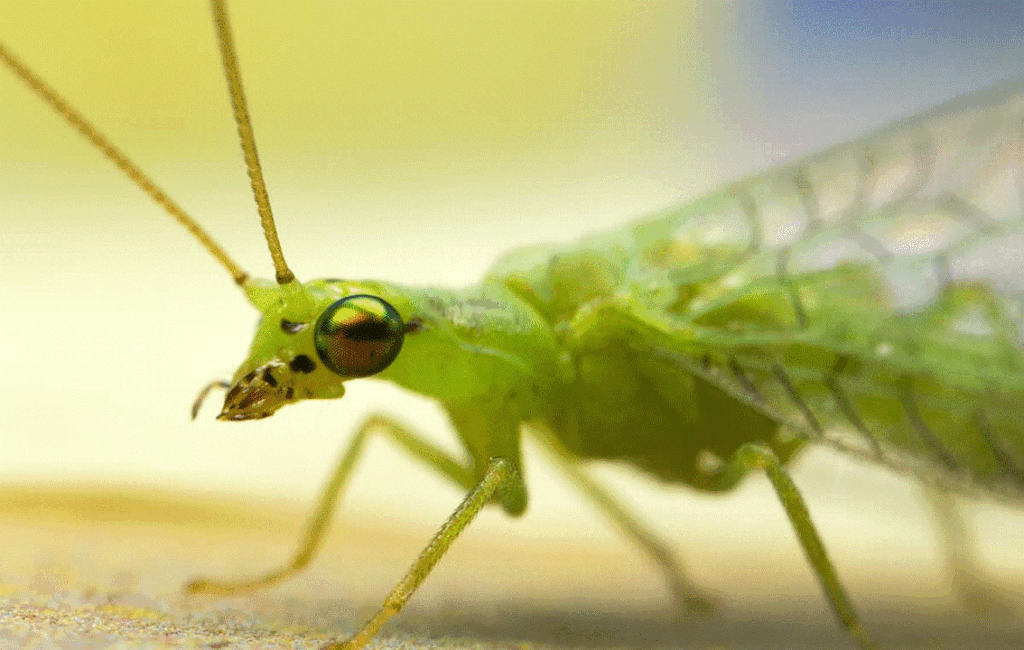
USING COMPANION PLANTING FOR PEST CONTROL
Thoughtfully selecting plant combinations will not only attract beneficial insects, but will also enable gardeners to create both a thriving and resilient organic garden that will benefit overall from the synergy of neighbouring plants.
Recommended plant combinations
Tomatoes: Borage attracts pollinators and beneficial insects and improves the general health of tomatoes, whilst basil repels pests like aphids and enhances the flavour of tomatoes.
Carrots: Onions and chives help to deter carrot flies and other pests while promoting the healthy growth of carrots.
Onions: Carrots improve the overall growth of onions.
Cucumbers: Beans enrich the soil with nitrogen that benefits cucumbers.
Beans: Corn provides overall support for various types of beans, whilst cucumbers provide shade for bean roots. Squash spreads across the ground, inhibiting weeds, whilst promoting the overall health of the beans.
Strawberries: Spinach can provide ground cover and reduce weed growth, helping strawberries to thrive.
Peppers: Marigolds deter nematodes and other pests, benefitting most variations of pepper plants.
Corn: Beans enrich the soil with nitrogen and squash spreads across the ground, inhibiting weeds, whilst promoting the overall health of corn.
Cabbage: Radishes can deter pests like cabbage root maggots and their fast growth allows for effective spacing, whilst nasturtiums and mint deter aphids and serve as a trap crop for pests.
Beets: Lettuce helps to cool the soil while beets grow their roots.
Potatoes: Horseradish will help repel pests that affect potatoes.
Squash: Nasturtiums attract beneficial insects and can deter pests.
Zucchini: Nasturtiums attract beneficial insects and can deter pests.
